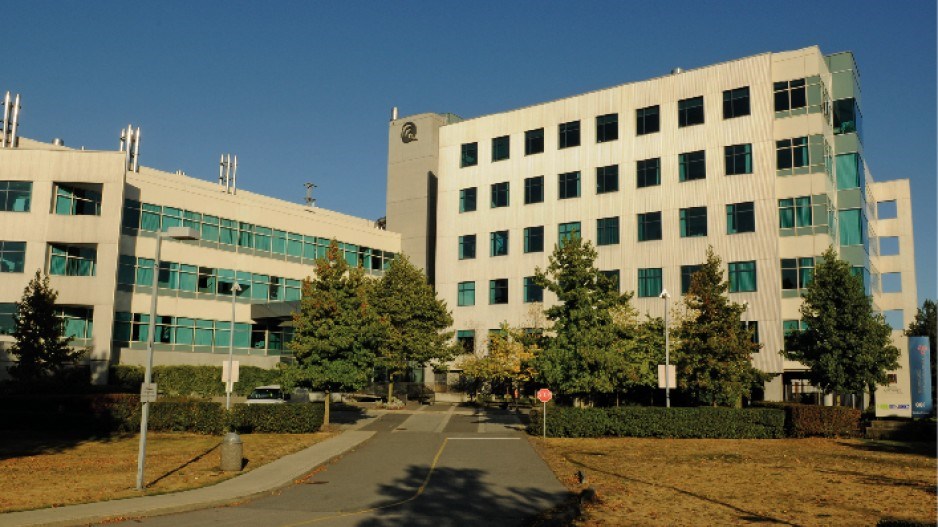Easing pain and curing disease with new drugs might be lofty goals. But in an era of increasing shareholder activism, boards of publically traded companies who neglect their obligations to shareholders do so at their peril, as QLT Inc. (TSX:QLT) directors have discovered.
One of Vancouver’s oldest and most successful biotechnology companies, QLT has been reduced in a matter of months to a shadow of its former self.
Under a new board of directors, QLT has laid off 146 staff, sold its principal revenue-generating product – Visudyne – and is now focusing on developing a single orphan drug.
“I always find it disappointing when we see companies which have been created, fostered and nurtured within B.C. – and achieve a measure of success – ultimately end up in a situation like this,” said Don Enns, president of LifeSciences BC.
“There’s no question it impacts the industry and the way the industry is perceived.”
QLT was founded in 1986. At its height in 2006 it employed 400 staff. It’s now down to 68, continues to shrink and may move from its office on Great Northern Way once its lease is up.
“If the cost is right, we’ll just take less square footage, and if the price is not right, we’ll move,” said Jason Aryeh, the New York hedge fund manager who chairs QLT’s new board of directors.
Earlier this year, with $300 million in cash on the books, the company announced it was in hiring mode. But in July, a board of directors shakeup resulted in a dramatic U-turn.
“When we came in, we looked at the strategic plan of the company, and the plan was to burn through all the money that the company had,” Aryeh told Business in Vancouver.
“All that money was going to go out the door in the next few years, and the company was going to be in a deficit position. This board does not believe in running a company like that. This isn’t the management team’s money – this is the shareholders’ money.”
In 2010, QLT moved into a new sphere with the acquisition of patents for Visudyne, a drug that is delivered to the eye through a punctal plug, a tiny device that’s inserted into tear ducts.
QLT also had a number of other punctal plug-delivered drugs in the pipeline.
“This is not a medical device company, and our expertise is not in medical devices,” Aryeh said. “It might explain why the company had not advanced that program very much since the time it was acquired. By the time we came in, they had spent between $125 million and $142 million on that program and had gotten almost nowhere.”
Under the new board’s direction, QLT sold Visudyne to Valeant Pharmaceuticals International Inc. (TSX:VRX) for $112 million. The plan now is to use the money to buy back $100 million worth of QLT shares to increase the company’s stock value.
Scott Henry, head of health-care research for Roth Capital Partners investment banking firm, thinks that’s a good move.
“QLT is a group of undervalued assets,” Henry said. “Anything you can do that monetizes an asset that was undervalued is going to be positive for the share price.”
Even with the buyback, QLT will still have $300 million in cash – far more than it will need to take its only product, an oral retinoid for treating eye disease, through clinical trials.
Because it’s for an orphan disease (a classification for rare diseases), clinical trial costs are much lower than they are for traditional drugs, regulatory approval is quicker, patents are extended and the company can charge a premium for the drug.
“Across the board your economics are much better,” Aryeh said.




